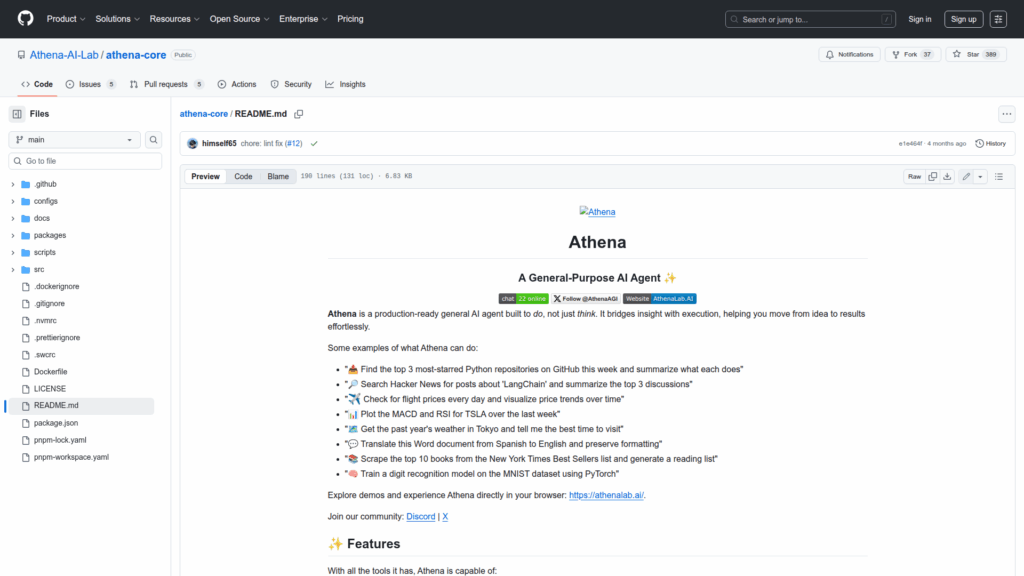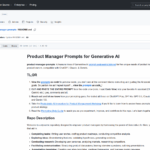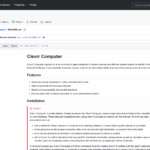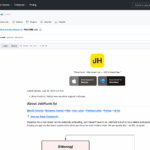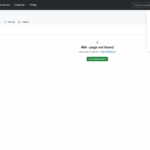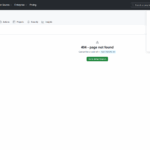athena-core
Basic Information
Athena is a production-ready general-purpose AI agent designed to execute real tasks rather than only provide analysis. The repository provides the core runtime, plugin system and configuration to run Athena locally or in production so users can move from idea to results. It supports terminal interaction and browser-based demos and includes example configurations to connect to language models, web search, scheduling and automation services. The codebase exposes plugins for LLM access, browser automation, file system and Python execution so Athena can perform web scraping, data analysis, file transformations, scheduled monitoring and bot interactions. The README emphasizes practical examples and a quick start path to clone, install dependencies, copy a config file and launch the agent to interact via a CLI.

